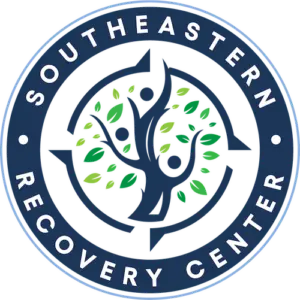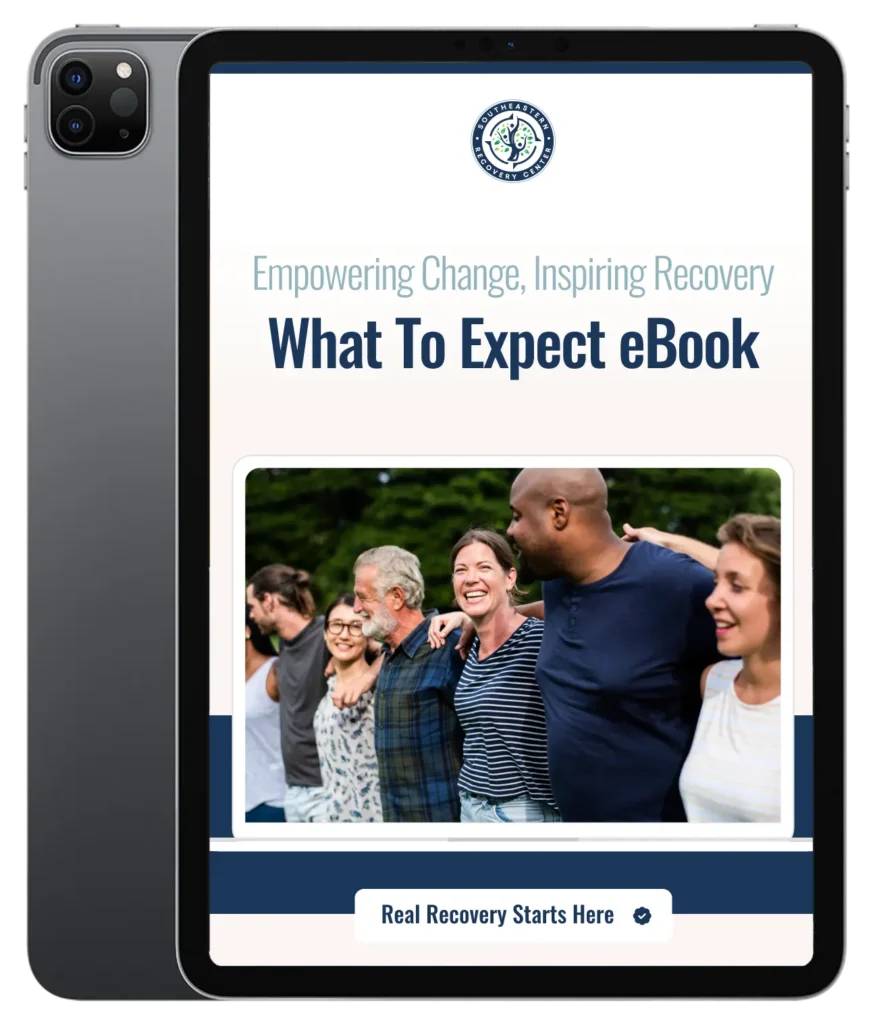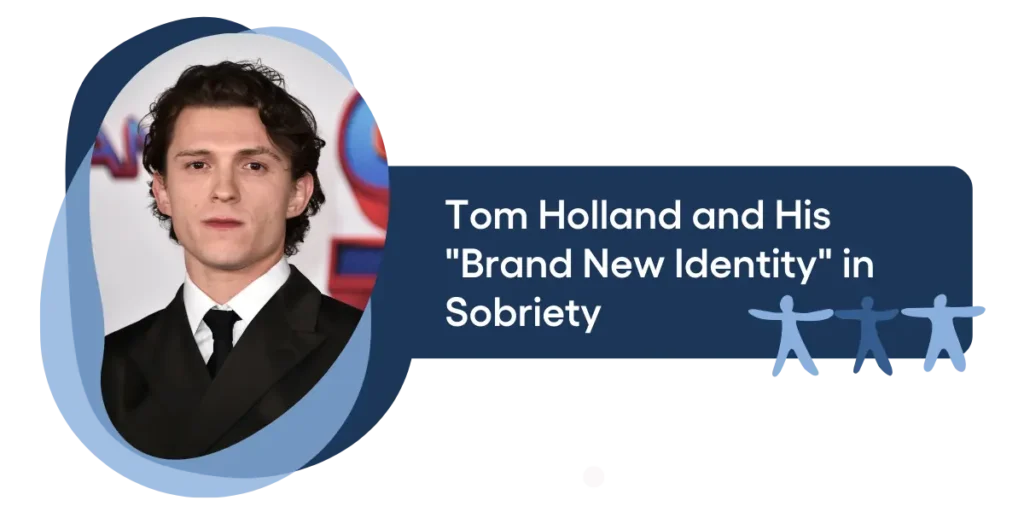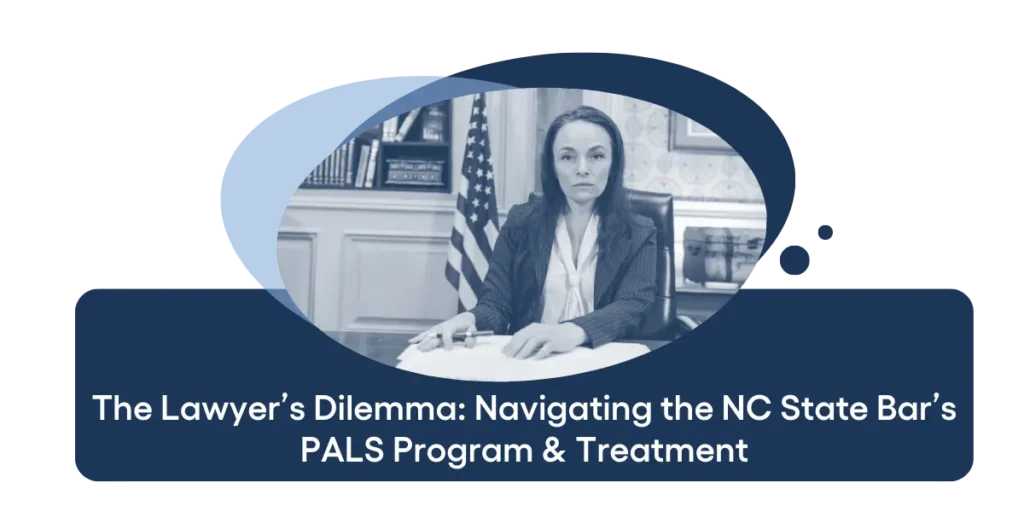Yes, Selena Gomez was diagnosed with bipolar disorder in 2020 and has spoken publicly about her journey toward understanding and managing her condition.
Selena Gomez is one of the most recognizable faces in the world, with a career that’s stretched from Disney Channel to award-winning albums, acting roles, and most recently, mental health advocacy. But beyond the red carpets and catchy music, Selena has been incredibly open about her mental health—especially when she revealed, back in 2020, that she was diagnosed with bipolar disorder.
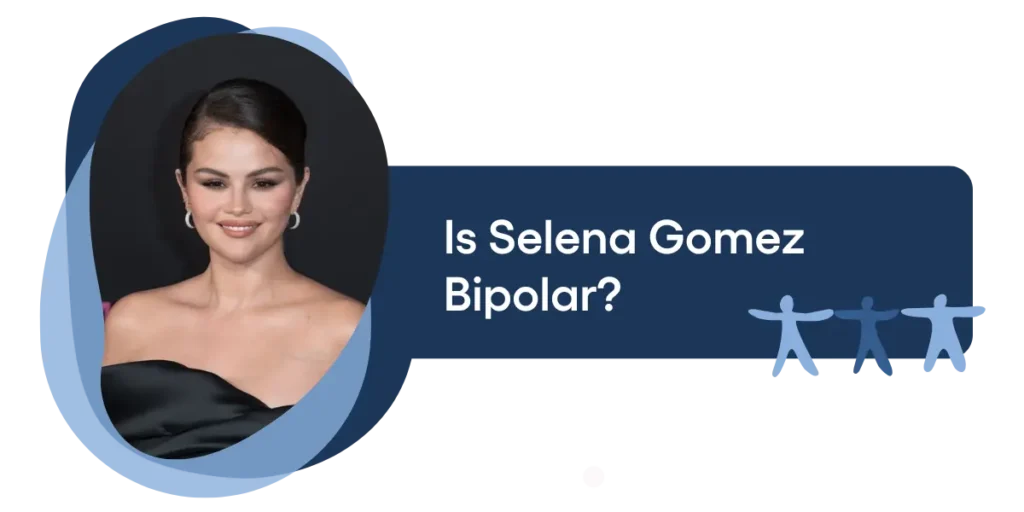
Selena Spoke Up About Her Diagnosis
Selena first shared her bipolar diagnosis during an Instagram Live with Miley Cyrus. This wasn’t a PR moment- it was real, raw, and full of vulnerability. She explained that learning more about bipolar disorder actually helped her feel more in control of her emotions. It gave a name to what she’d been feeling, and that knowledge helped her find peace.
That one conversation ignited something powerful: a willingness to talk about mental illness in a new way. Selena didn’t position herself as someone who had it all figured out; she just wanted to be honest. And that honesty matters, especially to fans who may be struggling silently.
It’s also important to note that this wasn’t her first time being vulnerable about mental health. For years, she’s been open about living with anxiety and depression. But after a tough stretch in 2018, when she experienced a psychotic episode and spent time in a treatment facility, things got more serious. In her words, she “completely fell off the radar.”
Her recovery wasn’t instant. She said she felt like she had lost herself, especially when she was put on multiple medications that left her feeling numb and disconnected. It took working with the right psychiatrist to get on a treatment plan that actually worked for her.
For Selena, It wasn’t just about medication, it was about reclaiming her identity and building a system of support that helped her heal from the inside out.
What is Bipolar Disorder?
Bipolar disorder is a mental health condition that causes intense, unpredictable mood swings. These mood shifts usually include emotional highs, known as mania or hypomania, and lows, which present as deep depression. These aren’t just regular ups and downs; they’re disruptive and, for many, debilitating.
Symptoms of mania might include feeling overly energetic, inflated self-esteem, racing thoughts, impulsive behavior, and decreased need for sleep. Depressive phases, on the other hand, often involve overwhelming sadness, fatigue, difficulty concentrating, hopelessness, and in some cases, suicidal thoughts.
What is the Cause of Bipolar Disorder?
Bipolar disorder affects close to 5.7 million Americans age 18 and older every year.
Bipolar disorder can feel confusing, not just for the person living with it, but for loved ones trying to understand where it comes from. It’s not something you can trace back to one moment or one event. In fact, one of the most common questions people ask after a diagnosis is, “Why me?” or “How did this happen?”
The truth is, bipolar disorder doesn’t have a single cause. It’s usually the result of several different factors working together, some of which you can see, and some that occur beneath the surface. Let’s break down what we know about the factors that contribute to this condition.
- Genetics – People with a family history of bipolar disorder are significantly more likely to be diagnosed themselves. The National Institute of Mental Health states that first-degree relatives of those with the condition are up to ten times more likely to develop it.
- Brain Chemistry and Structure – Brain imaging has shown physical and chemical differences in individuals with bipolar disorder—especially in areas related to emotion regulation and decision-making.
- Environmental Stressors – Life trauma, loss, ongoing stress, or even substance use can trigger the condition in someone who’s already predisposed.
There is no one-size-fits-all blueprint, and that’s part of what makes bipolar disorder so complex and so essential to treat with care and individualized support.
How Selena’s Story Is Changing the Way We Talk About Mental Health
Selena has used her story to do more than share her own experience, she’s sparked a movement toward transparency and empathy. She openly admits that managing her mental health is an ongoing process, not a one-and-done fix.
In her Apple TV+ documentary, My Mind & Me, we get an inside look at her therapy sessions, inner thoughts, and the emotional toll of navigating life with bipolar disorder while living in the public eye. It’s one of the most honest celebrity documentaries we’ve seen in years, and it’s helped countless viewers feel less alone.
The Celebrity Mental Health Effect
A 2022 NIH study found that celebrity mental health disclosures actually reduce stigma and encourage fans to seek treatment. People are more likely to recognize symptoms in themselves and reach out for support after hearing a public figure do the same.
We’ve reached a point where celebrity mental health isn’t a niche conversation, it’s a powerful force for change. But being famous doesn’t protect you from mental illness. In fact, it can exacerbate the situation.
The demands of fame, constant media attention, criticism, unrealistic beauty standards, and lack of privacy are enormous. A study from the University of Sydney found that people in the entertainment industry report higher levels of anxiety, depression, and substance abuse than the general population.
And still, there’s often a stigma. Many celebrities worry that speaking up about mental health could hurt their careers or lead to public judgment. That’s why it’s so meaningful when someone like Selena uses her voice to say, “Hey, I’m struggling too. And I’m getting help.”
Selena’s story is powerful because it’s relatable. She doesn’t claim to have all the answers. She keeps showing up—open, flawed, real. And that’s what makes her such an effective mental health advocate.
What Can We Learn From Selena’s Story?
Here are a few key takeaways:
- You can live a full life with bipolar disorder. Diagnosis isn’t a life sentence, it’s a guide toward better understanding yourself and getting the support you deserve.
- Treatment works, but it’s personal. What worked for Selena might not work for everyone. But finding the right support, whether it’s medication, therapy, or a change in environment, can be life-changing.
- Talking helps. Whether it’s to a therapist, a friend, or the public, sharing what you’re going through can help lift the weight, and help others, too.
- Healing takes time. There’s no perfect path. Selena has setbacks, takes breaks, regroups, and keeps moving forward. That’s okay and normal.
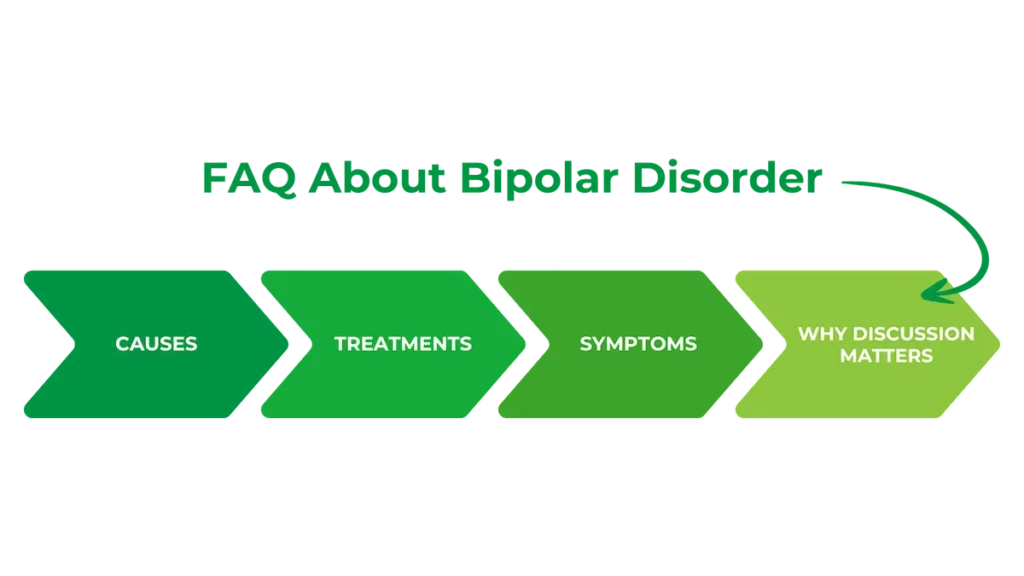
FAQs About Bipolar Disorder
What is the cause of bipolar disorder?
There’s no single cause, but it’s often a mix of genetics, brain chemistry, and environmental factors like trauma, chronic stress, or substance use. Here’s a helpful breakdown.
Can bipolar disorder be treated?
Absolutely. Most people respond well to a combination of medication, talk therapy, support groups, and lifestyle changes like sleep regulation and stress management.
What are common symptoms of bipolar disorder?
Symptoms include mood swings that range from mania (elevated mood, high energy, impulsivity) to depression (fatigue, sadness, lack of interest in activities). If any of this sounds familiar, it’s a good idea to consult a licensed professional.
Why does it matter when celebrities talk about mental health?
Because it helps others feel less alone. When someone with a large platform is open about their mental health, it encourages fans to get support, reduces stigma, and creates space for others to speak up.
Finding Your Inner Strength With Bipolar Disorder
If Selena Gomez’s story resonates with you or someone you love, we want you to know: you’re not alone, and there is help.
At Southeastern Recovery Center, we specialize in treating complex mental health conditions, including bipolar disorder, depression, anxiety, and co-occurring substance use. Our approach is compassionate, trauma-informed, and tailored to your unique needs.
Whether you’re looking for a safe place to start your healing journey or need ongoing care after a diagnosis, our team is here to support you. We believe in treating the whole person, not just the symptoms, because you deserve care that sees you, listens to you, and walks with you. Reach out today to take the next step toward recovery. Healing is possible. We’re here when you’re ready.
Sources
- Mary Sollosi, Selena Gomez shares bipolar diagnosis on Miley Cyrus’ Instagram Live talk show, (Entertainment Weekly, 2020), https://ew.com/celebrity/selena-gomez-bipolar-disorder-miley-cyrus-instagram-live/
- Bipolar Disorder Statistics, (Depression and Bipolar Support Alliance), https://www.dbsalliance.org/education/bipolar-disorder/bipolar-disorder-statistics/
- Bipolar Disorder, (National Institute of Mental Health, 2024), https://www.nimh.nih.gov/health/topics/bipolar-disorder
- Petra C Gronholm, Graham Thornicroft, Impact of celebrity disclosure on mental health-related stigma, (National Library of Medicine, 2022), https://pmc.ncbi.nlm.nih.gov/articles/PMC9483822/
